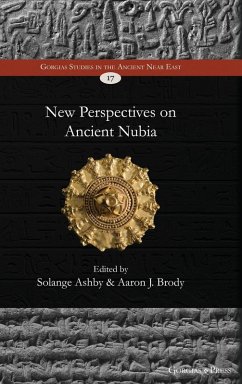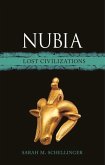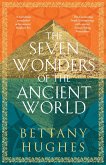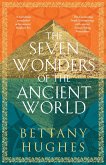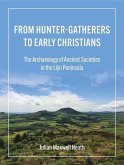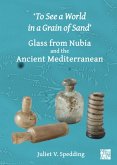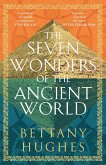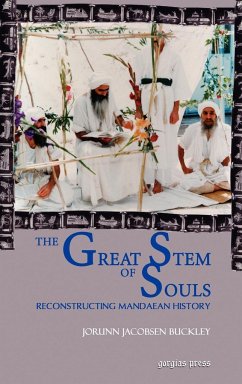Ancient Nubia played key political, social, and economic roles in the ancient world, yet knowledge of Nubian societies remains regrettably narrow, with Nubia often disregarded as derivative of Egypt.
Hinweis: Dieser Artikel kann nur an eine deutsche Lieferadresse ausgeliefert werden.
Hinweis: Dieser Artikel kann nur an eine deutsche Lieferadresse ausgeliefert werden.

